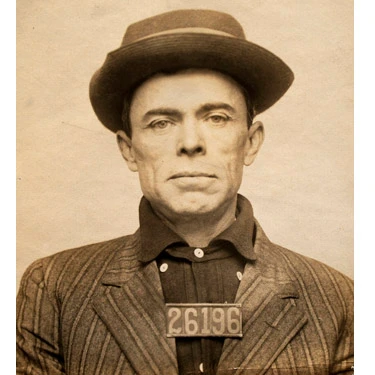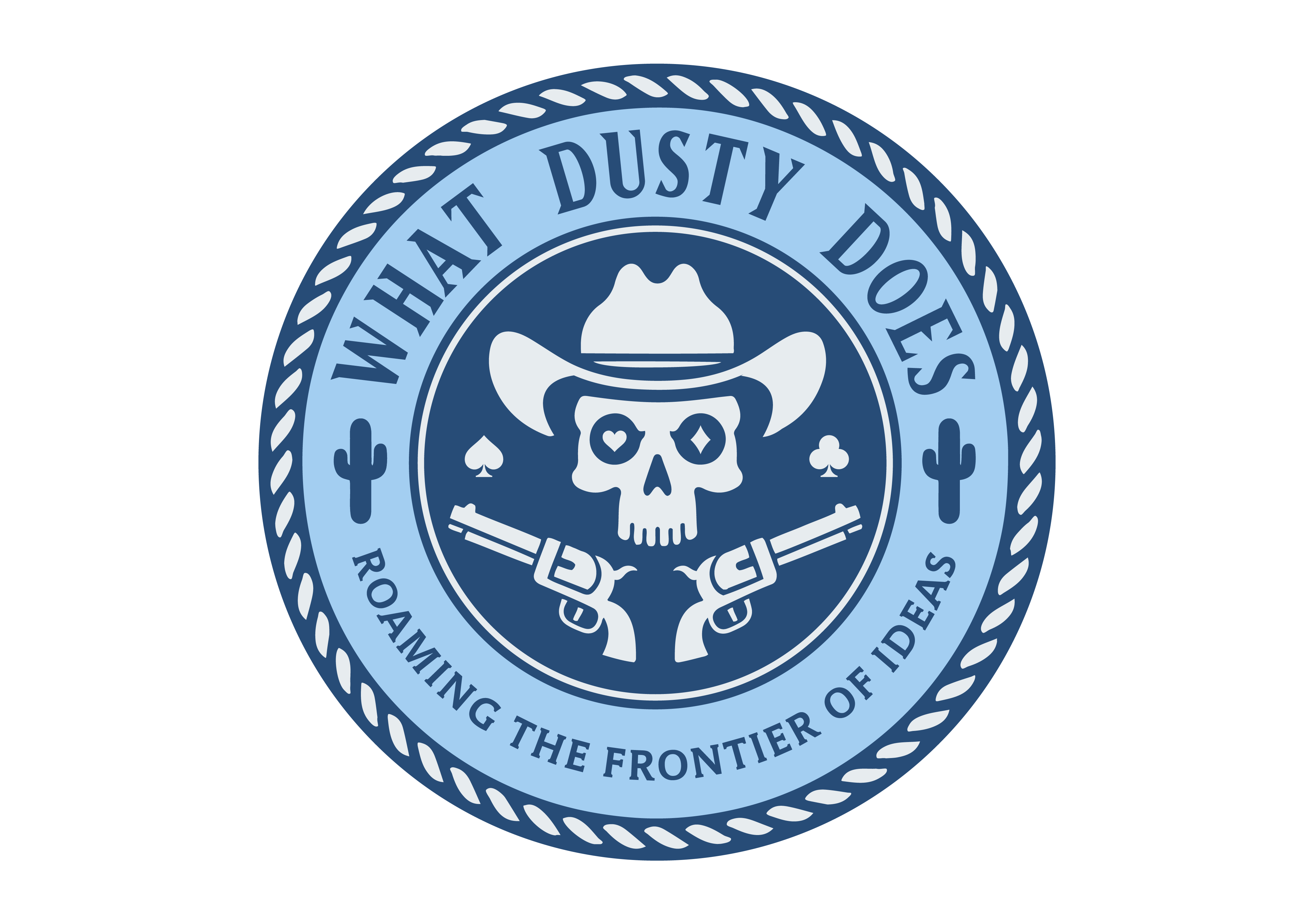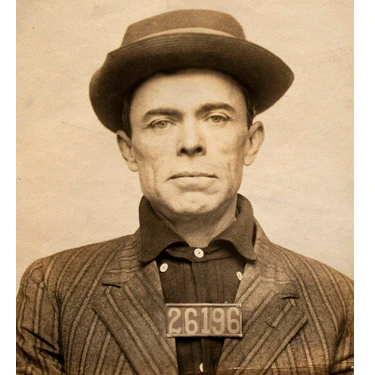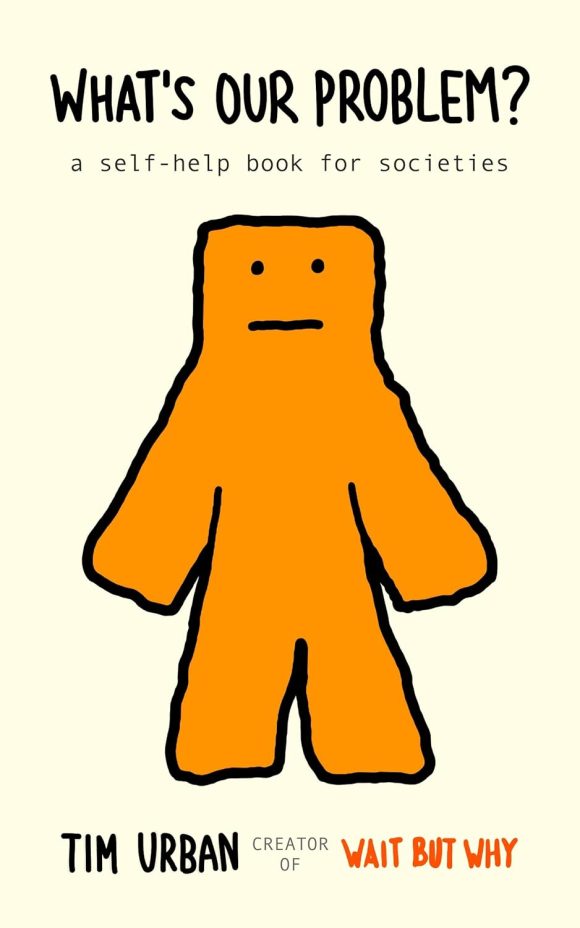
Before you ask, no not the Tenacious D/Kung Fu Panda/Jack Black. This Jack Black lived a life of safe-cracking, burglary, and general criminality, not building a mediocre filmography (still love your music, Jack). This book is an autobiography of a man who roamed about the American and Canadian West in the late 1800s, who found himself immersed in the seedy underworld of hop (heroin) joints, gambling dens, and freight trains.
What I found remarkable about this book is the ground floor view of life in this era from a voice you wouldn’t normally hear– someone from the lowest rung of polite society in the 1800s. Most books and histories are written by the winners, but this is a book written by someone quite the opposite. Jack’s stories of his adventures are quite literary and engaging; for someone who basically had no formal education, his level of writing skill is remarkable.
Coming from this point, it’s fascinating to think of how someone so intelligent at their core became a criminal. Jack started out relatively poor for the era, but he did have a father who provided for his basic needs. It seemed like his fate swept him up down a river of events he was helpless to prevent. We like to think of criminals as “bad eggs” or people who don’t have the self-control, foresight, or general intelligence to avoid stealing, cheating and lying. However, this doesn’t seem to be the case with Jack given his self-awareness and obvious intellect. Also, time and time again in the book, Jack exhibits loyalty to others, integrity, kindness, compassion, and other positive traits. Just because someone commits crime doesn’t mean they don’t abide by a moral code.
I think there’s just as much to learn from winners as losers in life. We’re very much a culture obsessed with clout and success. We benchmark against those that are much more successful than us and find it hard to be grateful for what we do have. One thing Jack mentions multiple times throughout the book is that he would have been much more successful just grinding a normal job for low pay. The legal fees, botched crimes, and instability of his life didn’t pan out as a financial positive for him ultimately. While living a square life isn’t the most exciting, I find it important to reflect on the fact that a relatively boring life is in fact a successful life.
Not to spoil too much, but Jack is ultimately reformed through the grace of a few people who took a chance on him, offering mercy and a second chance at a normal life after having escaped from prison (again). In a time at which we’re quick to cancel and close doors to redemption, we all need a reminder than even those seemingly committed to wrongdoing can change when given a chance. Jack became a speaker for prison reform and elucidated the mindset of career criminals, building empathy and understanding for those society still chooses to throw away to this day.
This book came into my life totally randomly through a friend and was absolutely worth the read. I plan on getting more into autobiographies in general since I found it valuable to truly be able to enter another person’s mindset. I’ve read a lot of fiction in my life and find myself now appraising nonfiction more. It not only helps you build empathy, but provides you historical knowledge and more insight into how we got to where we are today as a society. I highly encourage everyone in exercises that build empathy and couldn’t recommend this book enough.


